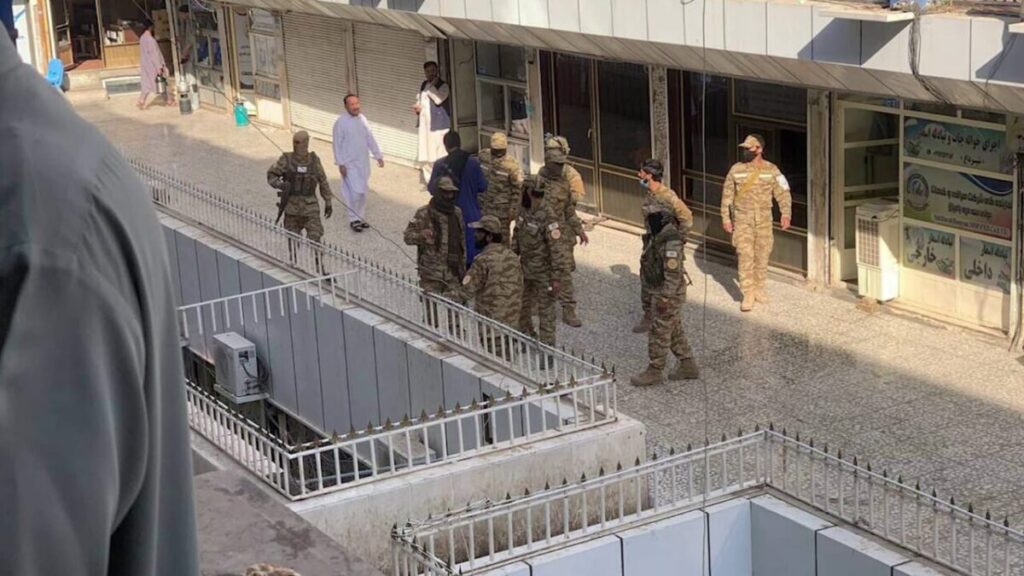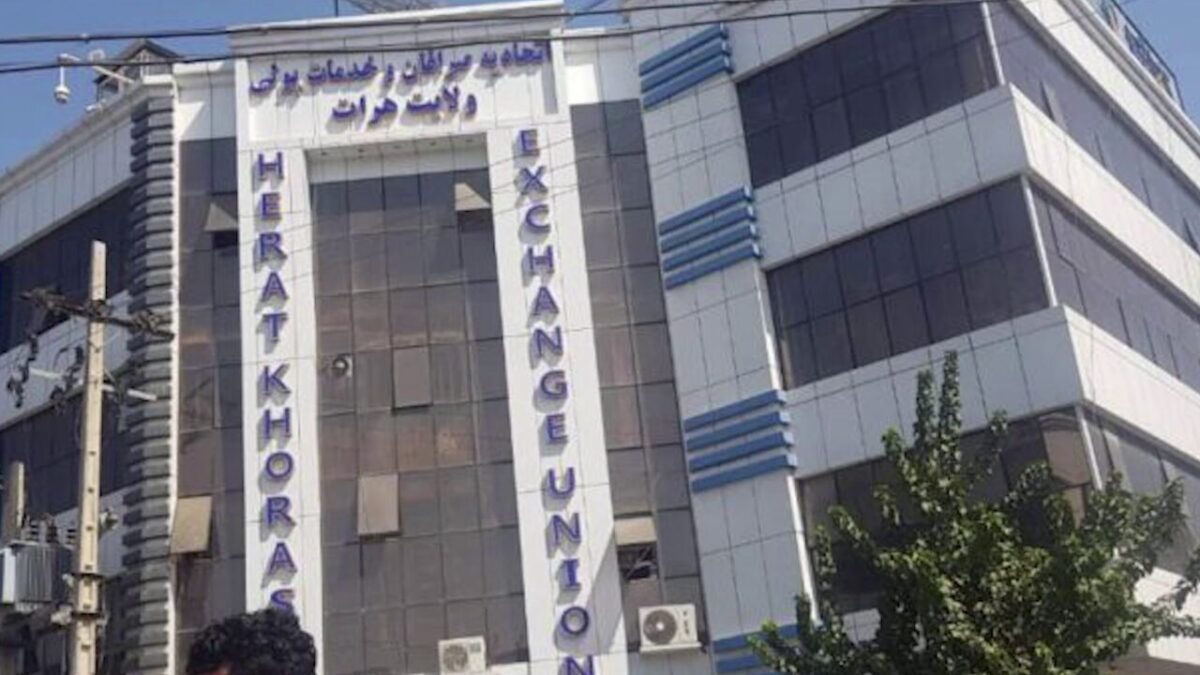Money exchangers in Herat province have accused the Taliban of attempting to interfere in the election process for the provincial union of money exchangers, a body traditionally seen as an independent entity.
According to several exchangers, the Taliban’s Deputy Minister of Justice, Abdul Ghani Faiq, recently sent a voice message in which he named three candidates who were allegedly set to run for the union’s leadership. Faiq reportedly instructed the union to introduce new candidates instead, citing intelligence reports that questioned the suitability of the initial nominees.
“Based on intelligence information, all three individuals have been investigated and deemed unsuitable. You need to replace them with two or three other candidates,” Faiq said in the recording, which was shared with local media.
The election, which takes place every three years, is intended to be free from government influence, as the union operates as a private body. But many money exchangers now claim that the Taliban’s interference violates this principle of independence, raising concerns about the future of the exchange business in the region.
“This interference could severely impact the business environment,” said Bahram Ramesh, an economist familiar with the situation. “If the votes of the money exchangers are disregarded and a government-appointed figure takes over, it will create distrust and harm the entire financial ecosystem.”
Seer Quraishi, another economist, underscored the role that unions like this play in addressing the unique challenges of their sector. “The Money Exchangers’ Union, like other financial institutions, should be led by individuals chosen by the members themselves, not by government officials.”

Crackdown on unlicensed exchangers
In addition to the election controversy, several money exchangers in Herat have reported being detained by Taliban authorities in recent days. They said they were arrested for operating without proper licenses, a charge that some exchangers argue is a symptom of deeper systemic problems.
“We don’t have any other means to make a living, and now the Taliban is taking that away from us,” said one street vendor, who was among those detained. “We are not criminals, but many of us simply can’t afford the expensive licensing fees.”
Another exchanger, who gave his name only as Abdullah, said more than 100 street money exchangers were detained last week. He described the arrests as heavy-handed, saying that in some cases, those detained were insulted and mistreated.
“We’re just trying to make ends meet. We don’t steal or hurt anyone, but we can’t afford the fees required to get a license,” Abdullah said. “We’re forced to work on the streets to support our families.”
According to sources within the union, over 80 percent of money exchangers in Herat operate without a license due to the prohibitive cost of the fees. Many exchangers have criticized the Taliban for making it increasingly difficult for small-scale operators to work, especially given the dire economic situation in the country.
“The amount of money the Taliban is asking as a guarantee for a license is just too expensive for most of us,” one exchanger said. “They’re creating more obstacles for an already struggling business community.”
The situation underscores growing tensions between the Taliban government and local businesses, particularly in a province like Herat, where commerce and money exchange are vital parts of the economy. As the union election looms, many fear that increased interference and ongoing crackdowns on unlicensed exchangers will only exacerbate the challenges they face.




